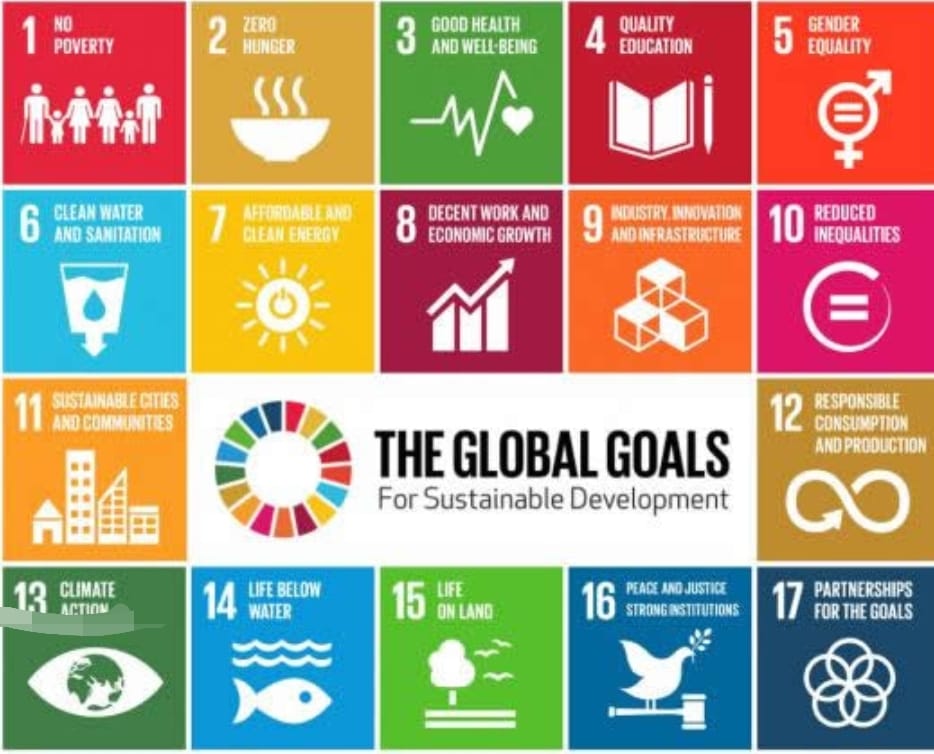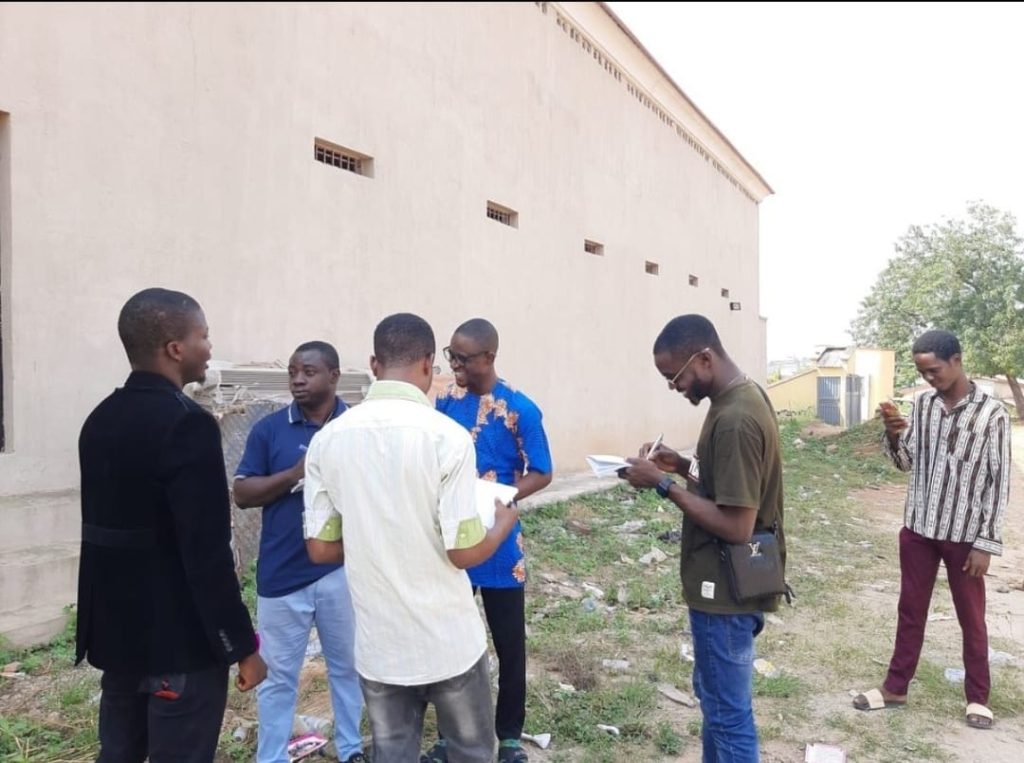The conservation of all resources by means of responsible production, consumption, reuse, and recovery of products, packaging, and materials without burning and with no discharges to land, water, or air that threaten the environment or human health.
Zero Waste is a concept that challenges the old way of thinking about waste as something that has no value and to be thrown away.
According to the Zero Waste Alliance:
Zero Waste: The conservation of all resources by means of responsible production, consumption, reuse, and recovery of products, packaging, and materials without burning and with no discharges to land, water, or air that threaten the environment or human health.
Nature is the best Zero Waste model. There is no waste in nature and by-products produced become resources for others or are assimilated harmlessly back to the surroundings.
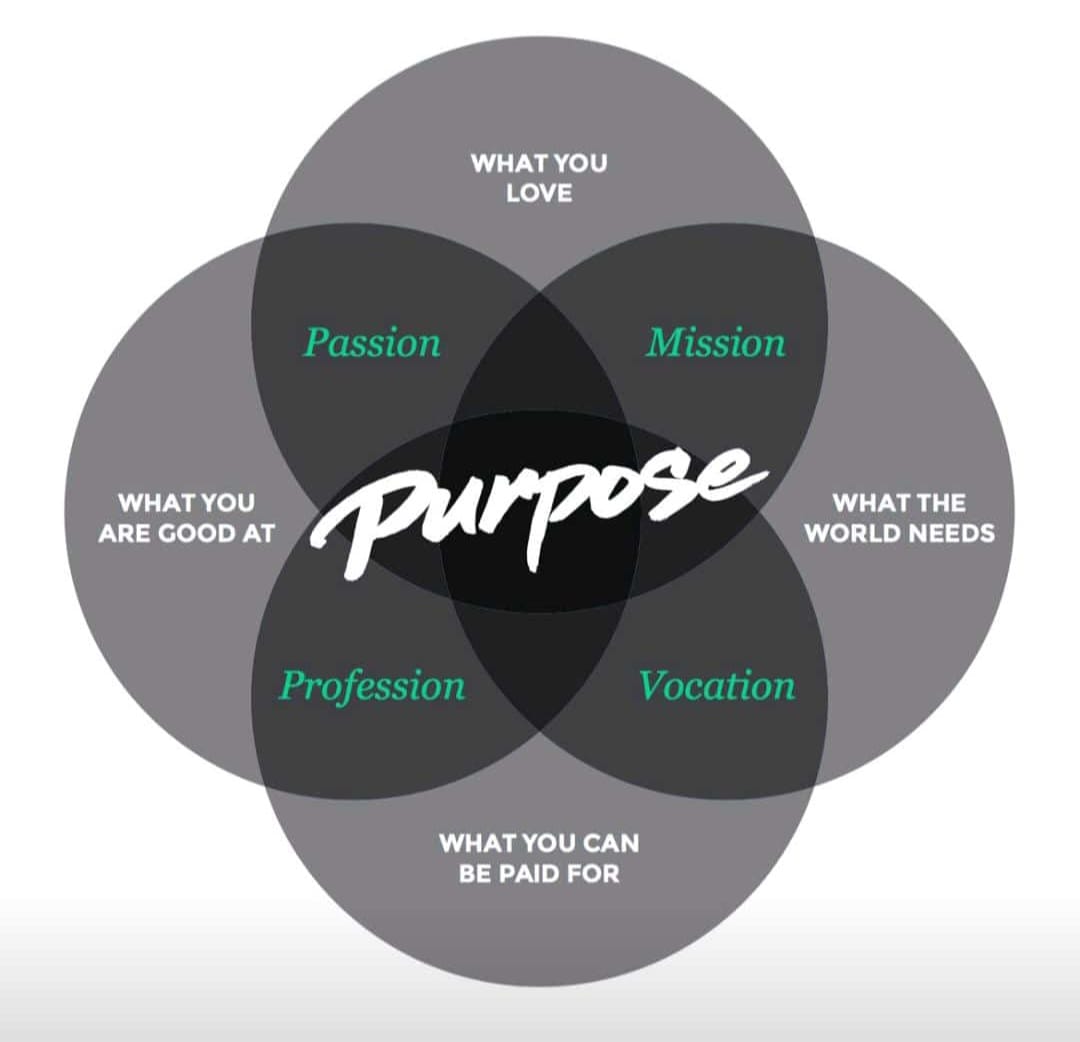
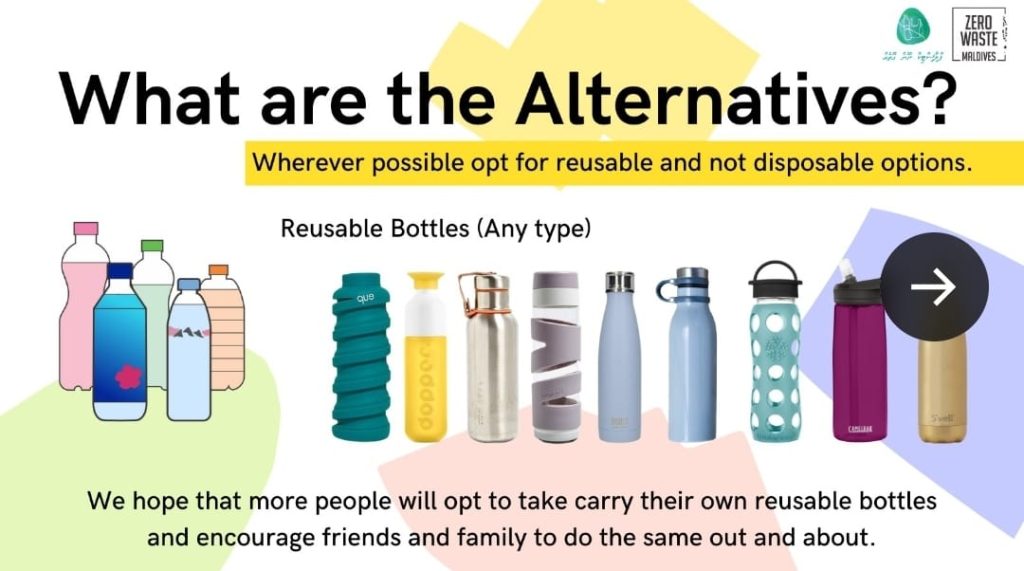
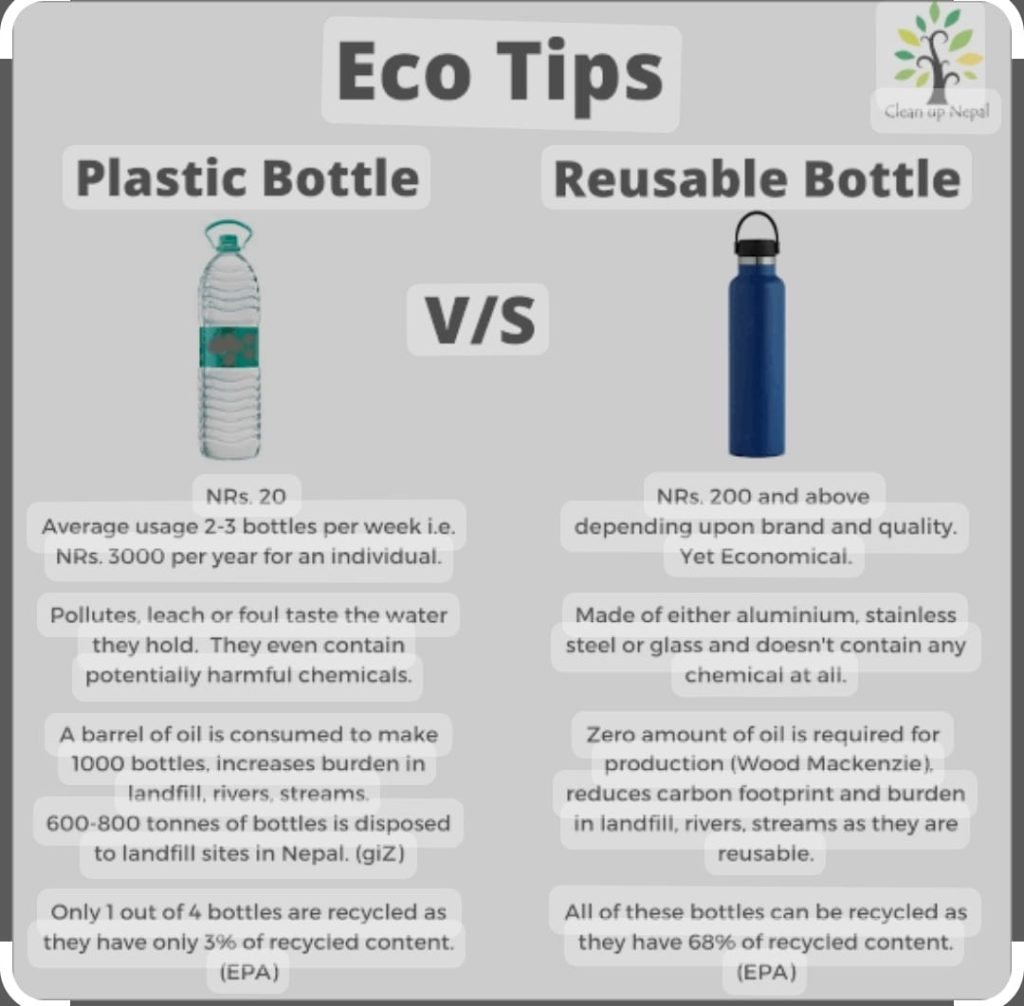
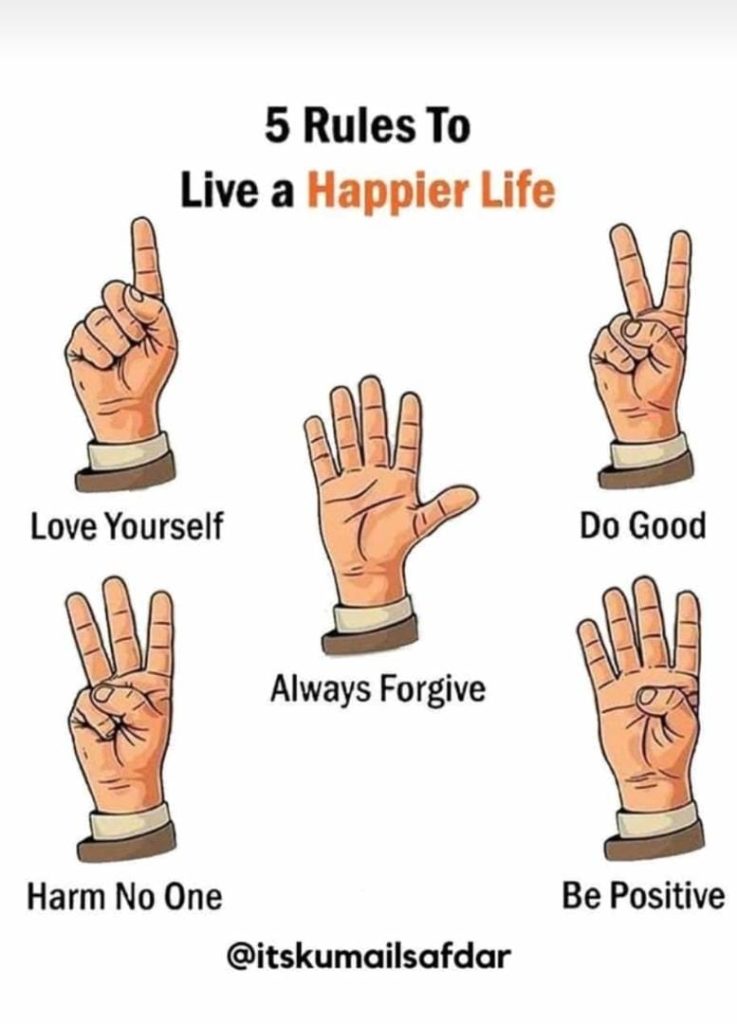
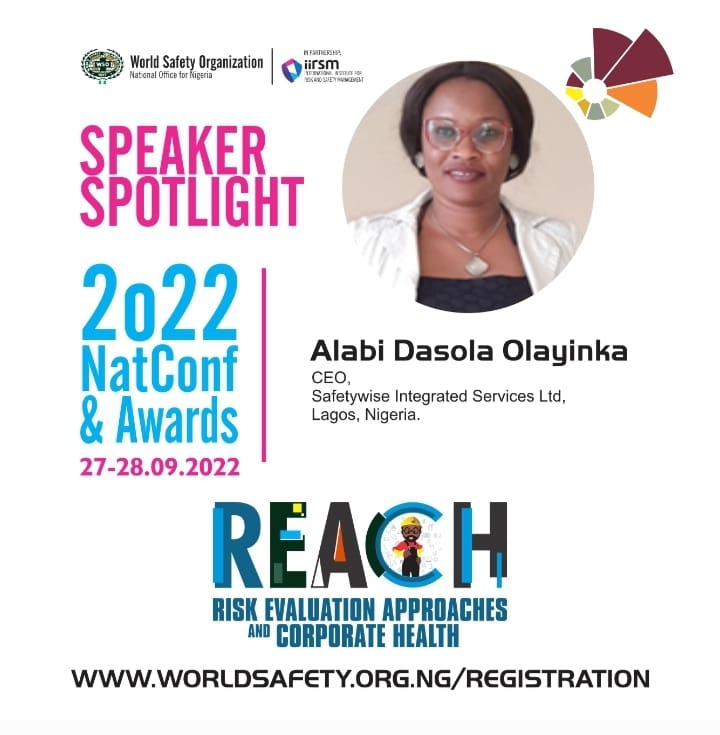

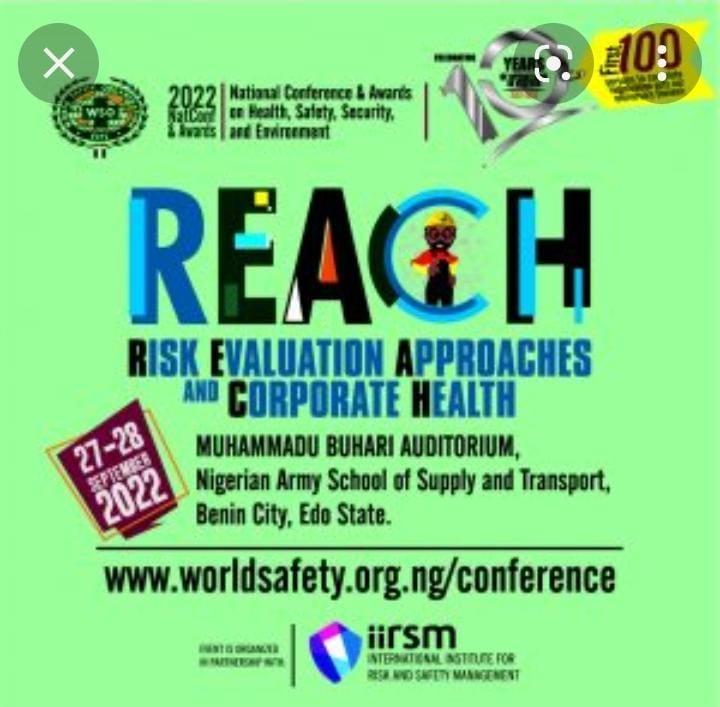
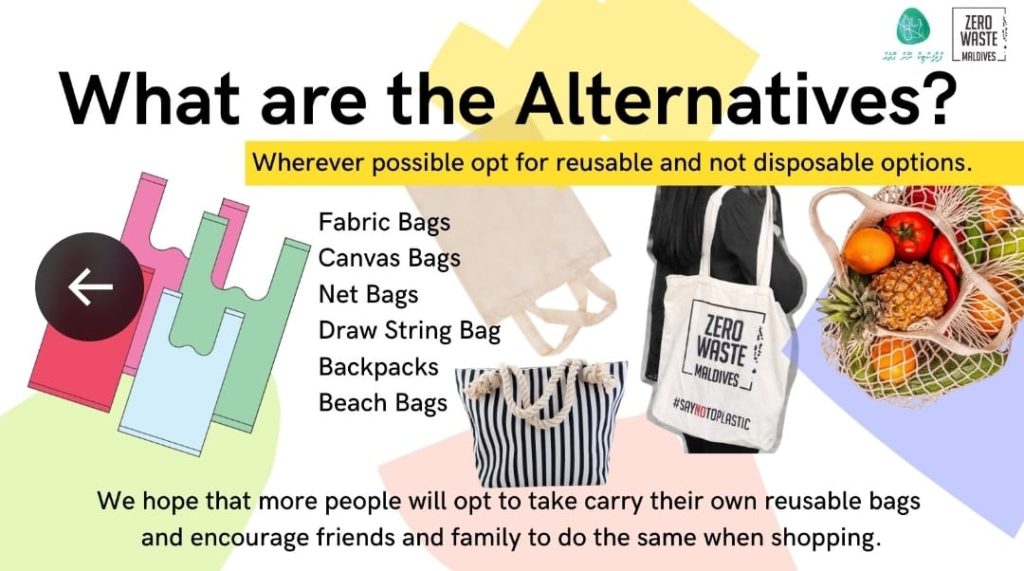
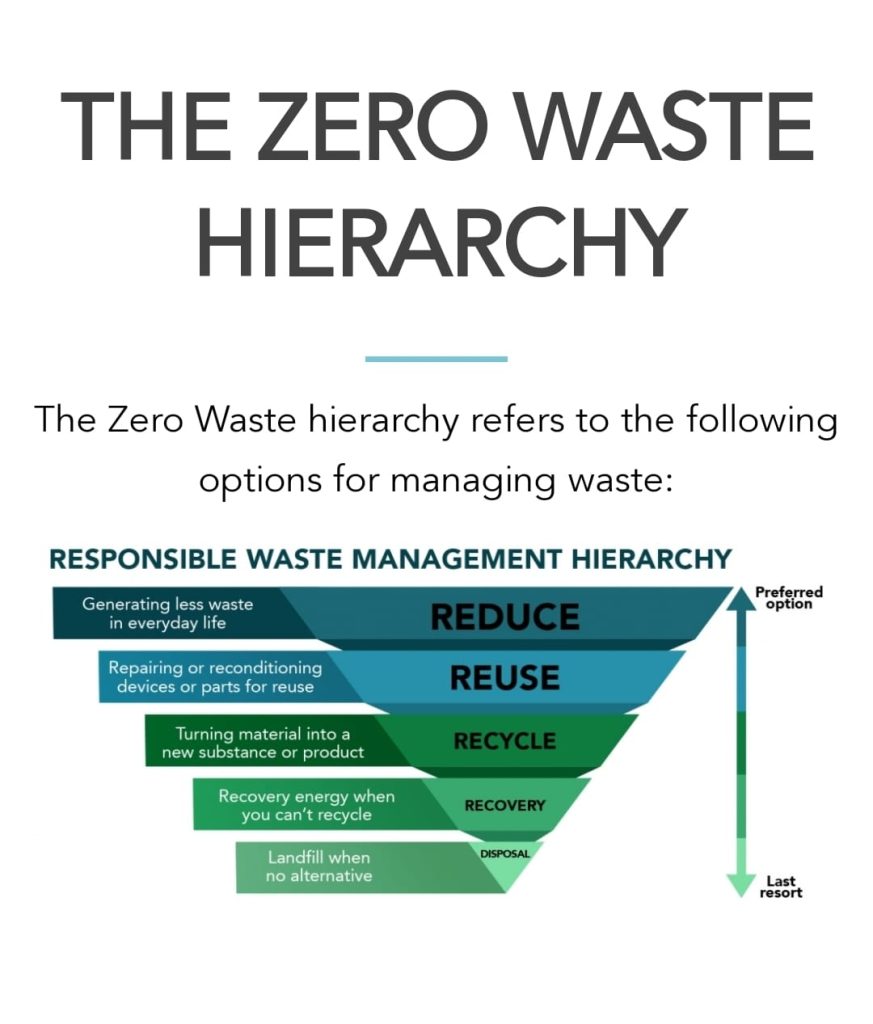
Zero is the goal but it is important not to be over-focused on the word ‘zero’. What matters is the concept behind Zero Waste. The road to Zero Waste is a long journey and it requires the efforts of individuals, communities, organisations, businesses and the government, working closely together towards Zero Waste
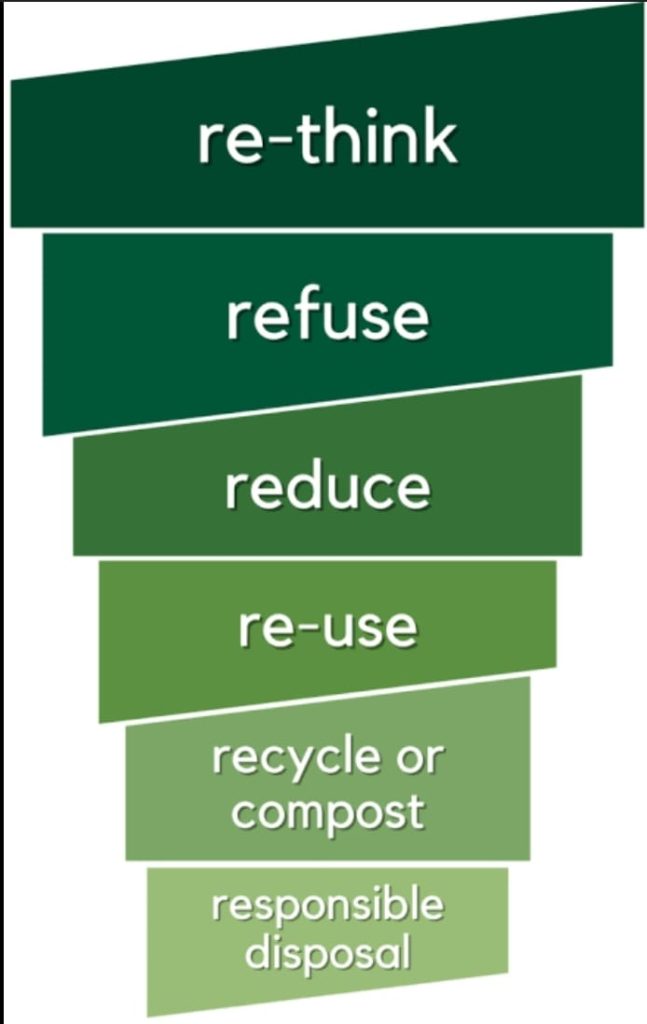
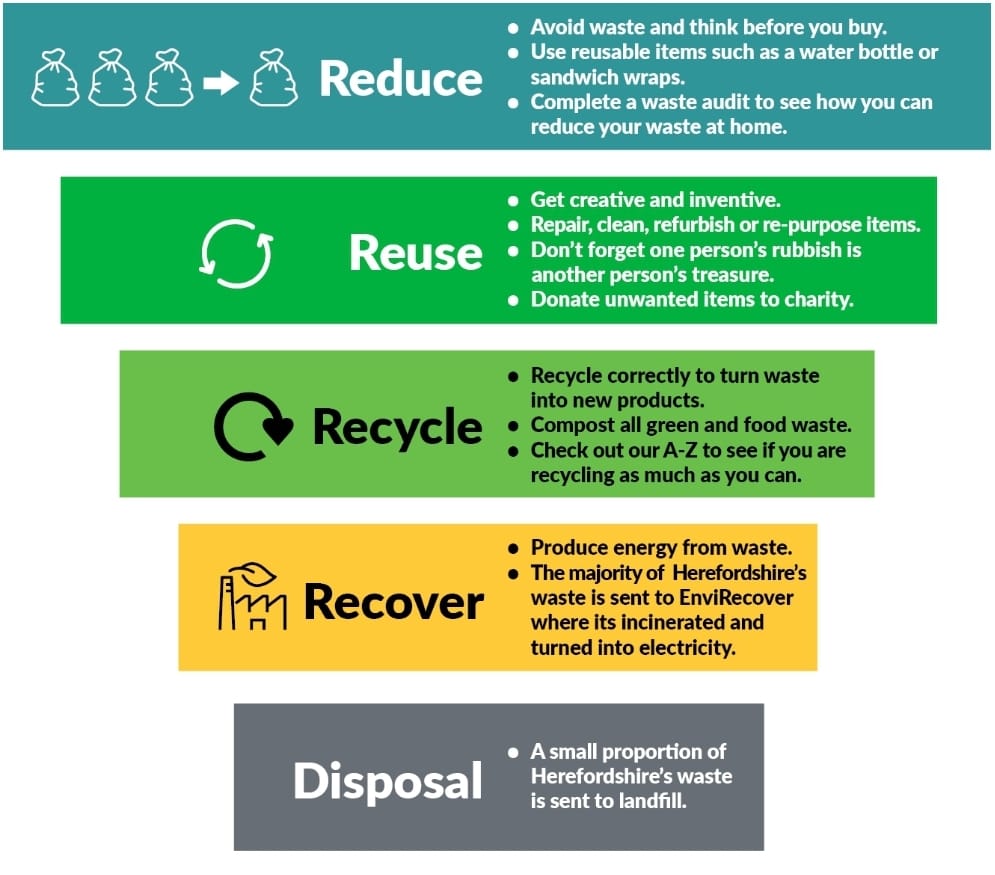
The waste hierarchy encourages a focus on reducing and reusing wherever possible to reduce waste.
Recycling as much as possible is fantastic – but we need to start focusing on preventing the waste in the first place. Putting items in our recycling and general rubbish bins should be seen as the last resort.
